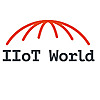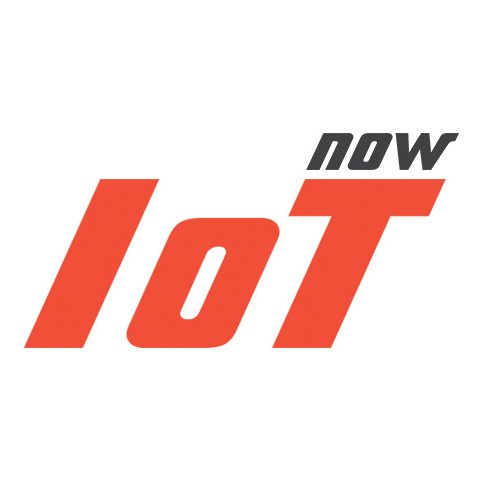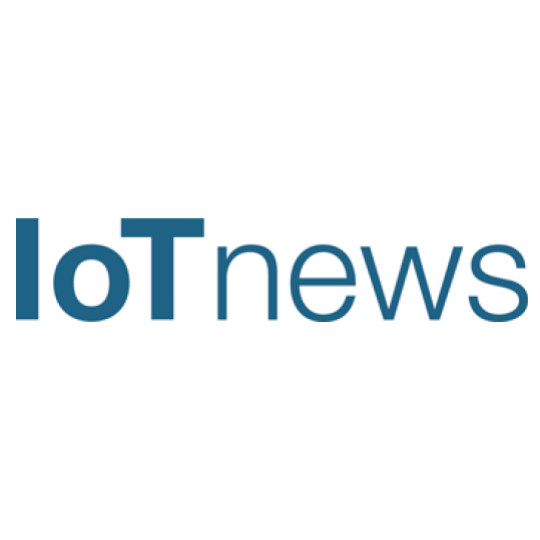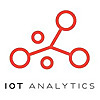
Times are changing.
The digital economy has brought significant shifts in the way businesses and people function and interact. Consumers have embraced the mobile experience. With Ericsson predicting 18 billion connected devices related to IoT by the year 2022, mobile network providers and operators need to understand the potential the Internet of Things and mobility have to transform the market, especially when paired together.
The Internet of Things and digital platform economy are reshaping the structure of the mobile marketplace and have opened new revenue opportunities for businesses that have previously been focused on ‘making things.’ For example, a company like Philips that is known for making light bulbs can now offer additional lighting-as-a-service solutions that combine its lighting expertise with ubiquitous connectivity.
Thanks to the emergence of new cloud platforms, companies can realize these new opportunities without the costs associated with building new mobile infrastructure or developing new software. The new digital economy and MVNO models have disrupted the industry so much so that it’s now possible for almost any organisation to enter the market as an MVNO, without crippling capital investments.
Golden Opportunities
The new generation of MVNOs are able to enter the market in a cost-efficient manner by delivering communications Platform as a Service (CPaaS) model. This cloud-based platform for developing and maintaining communications applications leverages communication service integration via APIs and mostly web-based self-care options – all requiring relatively little of actual communications infrastructure.
This mobile platform-based approach brings big advantages. API integration makes it easier to develop new applications and customer portals providing better connectivity, greater operational efficiency and faster speed to market. In other words applications that are fitter, leaner, and have a competitive edge.
From CPaaS, the logical next step is Mobile Network as a Service (MNaaS), offering a platform for developing and managing mobile communications applications via APIs, without having to build and maintain the development infrastructure.
The MNaaS model provides the benefits of a mobile virtual network. This enables operators to not have to invest in infrastructure or software. Instead, they can scale up or down as they need to – so they can viably launch a new proposition to serve from just a few hundred through to several million subscribers. Enabling an international mobile market structure, ensures global voice and data connectivity across multiple international networks.
A Whole New World
The Internet of Things and Machine2Machine communication will cross borders and go from solving local challenges to global ones. The end result is a connected service that gives its customers greater control over lighting remotely, and new insights on energy consumption, saving them money and energy.
With this type of global, ubiquitous connectivity comes the power to unleash exponential possibilities in how companies serve and engage with their customers and partners, redefining business models across industries.
The digital economy, combined with on-demand commercial models associated with MNaaS, will bring about seismic changes – and not just in the way MVNOs interact with their host operators. Patterns of mobile usage will evolve, as will the way providers create value – and with that comes new models and opportunities for the entire mobile communications industry. Businesses across industries need to stay nimble and capitalize on the many opportunities becoming available thanks to the digital platform economy.
![]()
Written by Tim Sherwood, Vice President, Business Development, Mobility & IoT Solutions at Tata Communications




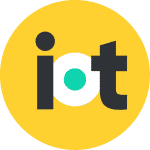
 New Episode
New Episode





 Latest IoT News
Latest IoT News


